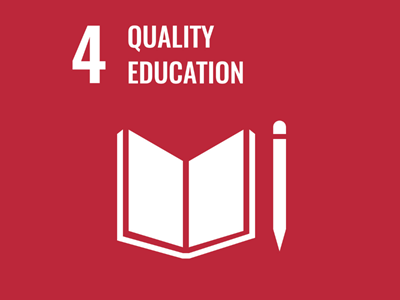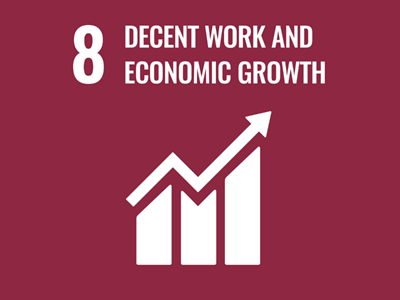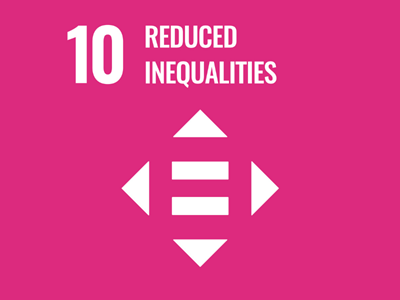About the Project
HELM.AI: Aligning Higher Vocational Education with Labour Market Demands using AI
The HELM.AI project, coordinated by NOVA IMS, aims to enhance the relevance and effectiveness of Higher Professional Technical Courses (CTeSP) in Portugal by aligning them with evolving labour market demands through the application of Artificial Intelligence and Data Science. This strategic initiative supports the Directorate-General for Higher Education (DGES) in optimising governance processes and improving student outcomes by generating data-driven insights for evidence-based policymaking.
HELM.AI proposes a comprehensive methodology combining predictive analytics, regional spatial analysis, and AI-based recommendation systems to assess and improve the alignment between educational programs and labour market needs. The project leverages GeoSOM—Geographical Self-Organizing Maps—for spatial clustering, identifying regional disparities in educational provision and economic demand. At its core, the project develops and deploys an interpretable, AI-powered decision support system that integrates academic, socio-economic, and employment datasets to recommend skill-oriented program adjustments tailored to regional and sectoral needs.
The project follows five interconnected tasks:
- Project Management and Dissemination, ensuring rigorous coordination and broad outreach.
- Data Collection and Preprocessing, gathering student, institutional, and labour market data from DGES, HEIs, IEFP, and ESCO.
- Exploratory and Regional Analysis, utilising GeoSOM to reveal spatial mismatches between CTeSP offerings and labour market demand.
- Alignment Evaluation, using advanced AI models and Natural Language Processing to assess program fit and identify skill gaps.
- AI-Based Recommendation System Development, delivering a user-centric decision-support platform for policy and curriculum planning.
Through ethical AI integration, interdisciplinary collaboration, and close cooperation with DGES, HELM.AI aspires to shape responsive educational strategies that foster employability, reduce youth NEET rates, and contribute to Portugal’s socio-economic development.









